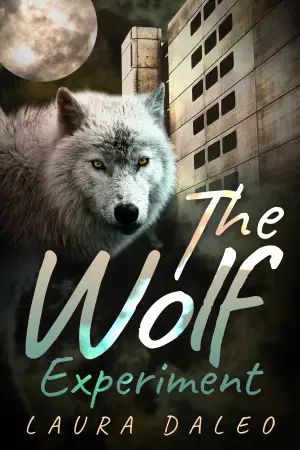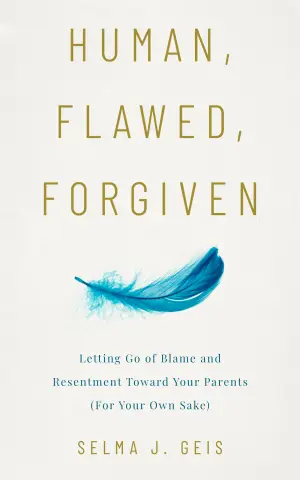I recently finished reading The Arc, a gripping dystopian novel that immediately caught my attention. As a huge fan of young adult fantasy, especially stories set in intricately woven worlds filled with suspense and moral dilemmas, the premise of this book seemed tailor-made for me. The concept of a society where reaching adulthood brings about certain death unless one can prove their worthiness of the Cure had an irresistible allure. It drew me in right away, promising a thrilling read that could rival the likes of The Hunger Games and Divergent.
The protagonist, Ashen Spencer, finds herself thrust into a world of privilege and danger at the Arc on her 17th birthday. The overarching theme of choice—"Be part of the disease or be part of the Cure"—resonated deeply with me throughout the narrative. As Ashen undergoes training and testing, the rich tapestry of character dynamics and moral quandaries reveals itself, making for a page-turning experience.
One definite highlight of the book is the character development. Ashen isn’t just a passive protagonist; she emerges as a strong, intelligent young woman grappling with her painful past while navigating the treacherous new world around her. I particularly felt drawn to her relationships, especially with Finn, the wealthy family’s son. Their chemistry adds a romantic undertone that I found delightful, even though it doesn’t overshadow the main plot. I agree with other readers who praised the writing quality and pacing, as it felt easy to dive into the complex world the author has created.
However, the book isn’t without its drawbacks. Some readers, like Christi Schulze, pointed out that there was a tad too much violence and sadism for their liking. I can see where that sentiment comes from; there are moments that could be quite dark, and while they serve to heighten the tension, they might not sit well with everyone. I also noticed a few moments where Ashen displayed some of the "annoying protagonist" tropes readers often lament about—particularly moments where she seemed oblivious to the dangers around her. This sentiment was echoed by another reader who highlighted how predictable certain plot points became. Yet, much like the journey of Ashen herself, I found that these moments were often outweighed by her growth and the story’s increasing complexity.
In terms of world-building, this novel excels. It’s immersive, and the details surrounding life in the Arc create a compelling backdrop that enhances the narrative. As early reviews have noted, the book is engaging, well-written, and filled with unexpected twists that kept me guessing until the end. The journey through the Arc involves not just tests and trials but also revelations that challenge Ashen’s understanding of good and evil—elements that I deeply appreciated.
Overall, I found The Arc to be a thoroughly enjoyable read. The character dynamics, moral dilemmas, and intricacies of the world left a lasting impression on me. While it may have its drawbacks—particularly concerning violence and occasional predictability—the compelling storyline and strong character arcs far outweighed any reservations I had.
I would recommend this book to anyone looking for a fresh dystopian tale with engaging characters and a suspenseful plot. It definitely met my expectations and left me eager to dive into the rest of the series. If you’re a fan of young adult dystopian fiction, you won’t want to miss out on The Arc!








